In this article:
NYC Transfer Taxes
As outlined by the NYC Department of Finance, the Real Property Transfer Tax (RPTT) is applied to sales, grants, assignments, transfers, or surrenders of real estate in New York City whenever 50 percent or more of the ownership is transferred and that transfer is worth $25,000 or more. There are a few exceptions to this rule—for example, the United States Government and its agencies are exempt. In addition, while inherited properties are exempt from the NYC transfer tax, they must still be reported on any RPTT returns. If an inherited property is subsequently sold, however, all transfer taxes still apply.
The amount one pays depends on the value and type of property. In most residential transfers of property (this includes one- to three-family homes, co-ops, and condos), if the value is $500,000 or less, the rate is 1 percent of the sale price. If the value is more than $500,000, the transfer tax rate is 1.425 percent. Other types of property transfers, including multi-unit dwellings have different rates: 1.425 percent for properties worth $500,000 or less and 2.625 percent for those valued at more than $500,000.
 To sweeten the deal, the sponsor of One Manhattan Square will pay 4 years of common charges and real estate taxes as a credit against the purchase price on 2- and 3-bedrooms.
To sweeten the deal, the sponsor of One Manhattan Square will pay 4 years of common charges and real estate taxes as a credit against the purchase price on 2- and 3-bedrooms.
New York State Transfer Taxes
New York City sellers not only pay a local transfer tax but also a statewide tax. As outlined by the New York State Department of Taxation and Finance, a real estate transfer tax is imposed whenever a sale exceeds $500. The tax rate is calculated at a rate of two dollars for each $500, or a fractional part thereof. At present, an additional tax of 1 percent of the sale price applies to residences over $1 million or more. But as of July 1, 2019, a new set of guidelines came into effect: New York City properties worth over $2 million became subject to new tax rules and additional transfer taxes. The additional transfer taxes will be paid by the seller.
Notably, these transfer taxes are separate from the mansion tax, which is typically paid by the buyer. New York buyers were already required to pay a tax of 1 percent on home purchases of $1 million or more before it was passed, but now there are nine progressive tiers that range from 1 percent for homes from $1 million to 4.15 percent on homes $25 million and up.
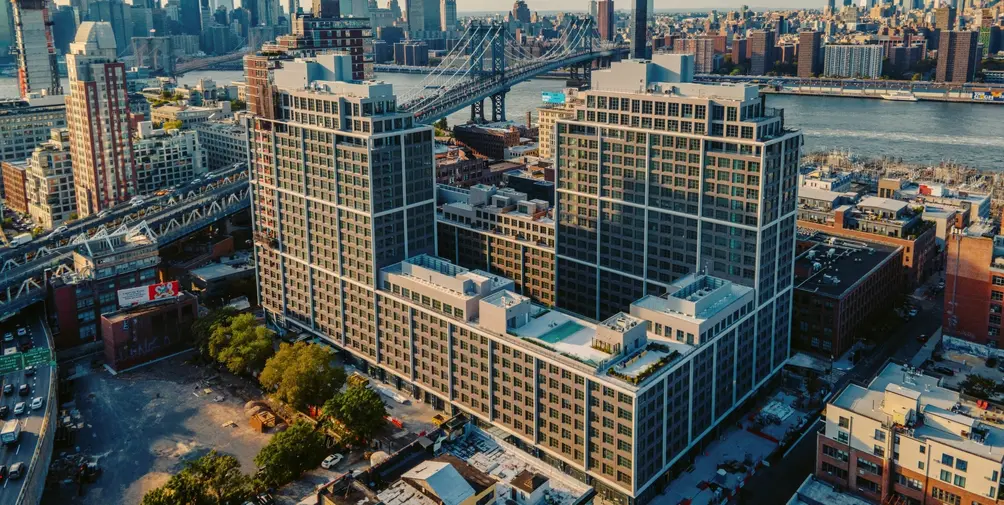 Front & York is offering to pay Transfer Taxes, and pay Mansion Tax on all residences under $2M (Photo via Morris Adjmi Architects)
Front & York is offering to pay Transfer Taxes, and pay Mansion Tax on all residences under $2M (Photo via Morris Adjmi Architects)
Flip taxes
This brings us to the final set of taxes one may need to pay when selling a property in New York City. These taxes are generally known as “flip taxes.” Flip taxes can be as high as 20 percent of the sale price of a property, and they generally only apply to co-ops. This reflects the fact that flip taxes are designed to prevent owners from frequently flipping their units—a practice that can have an impact on a building’s culture or demographic.
Flip taxes can be determined in several different ways. First, the flip tax can be calculated as a percentage of the gross sale price (e.g., 5 percent or 15 percent of the sale price). Second, it can be a set dollar amount per co-op share owned. Third, there can be a flat flip tax fee (e.g., $3,000). Finally, in some cases, co-ops use a hybrid model (e.g., a combination of a flat fee and amount per share).
What this means for a typical New York City seller
If you’re selling a property in New York City, chances are, you’re going to pay more than you would like to in taxes. Assuming your property is worth more than $500,000, you’ll need to be prepared to pay at least 1.425 percent in local transfer taxes, $2 on every $500 in state taxes, and if the unit is a co-op, you’ll likely also face a flip tax, which may range from a nominal fee of $500 to as much as 20 percent of the value of the unit. And if you plan to sell your city apartment and commute to work from a suburban location, heads up: An article in The Wall Street Journal noted that New York taxes the income of nonresidents if it is derived from New York sources, including wages paid to commuters who work remotely out of convenience rather than necessity.
In the end, this combination of taxes can and often does eat into one’s return on investment. This is one reason why in New York City, renting can be more affordable than buying if you plan to hold your property for less than 12 years. At that point, even with the city’s high transfer taxes, you’re statically likely to yield a high return on your investment. Furthermore, some sellers tack on tax-related incentives to further entice buyers. Find some of these below.
Active Listings with Tax Incentives for Buyers
Riverwalk Place, #15G
$899,000
Roosevelt Island | Condominium | 1 Bedroom, 1.5 Baths | 794 ft2No real estate taxes until 2026
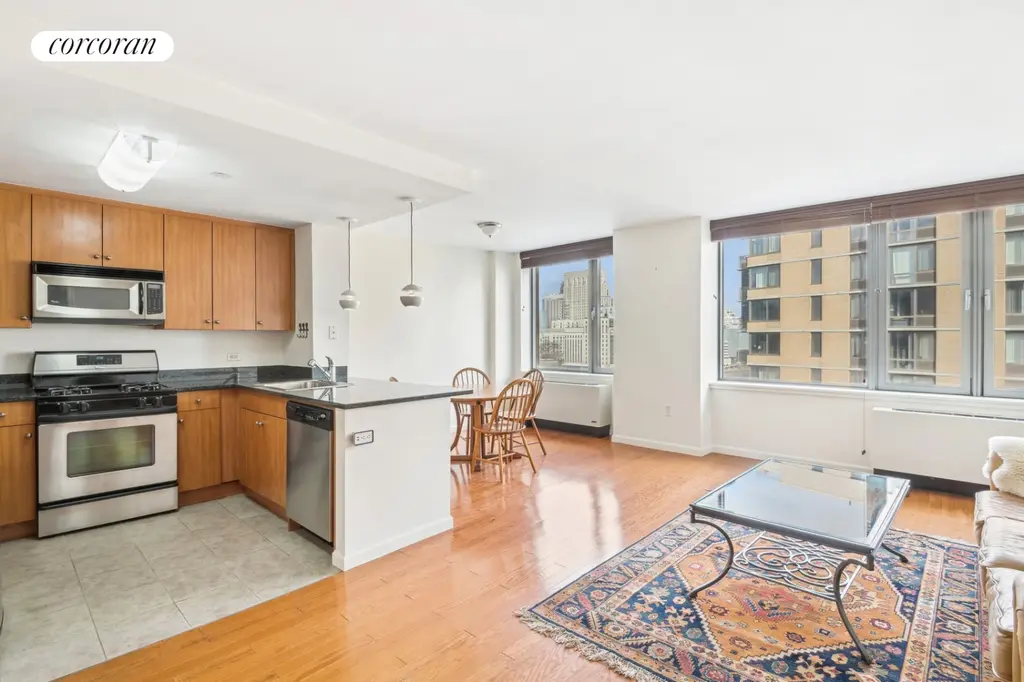
1174 Putnam Avenue, #3
$1,200,000
Bushwick | Condominium | 2 Bedrooms, 2 Baths | 1,095 ft2
For limited time the sponsor offers to pay 12 months of common charges and taxes on the last available unit.
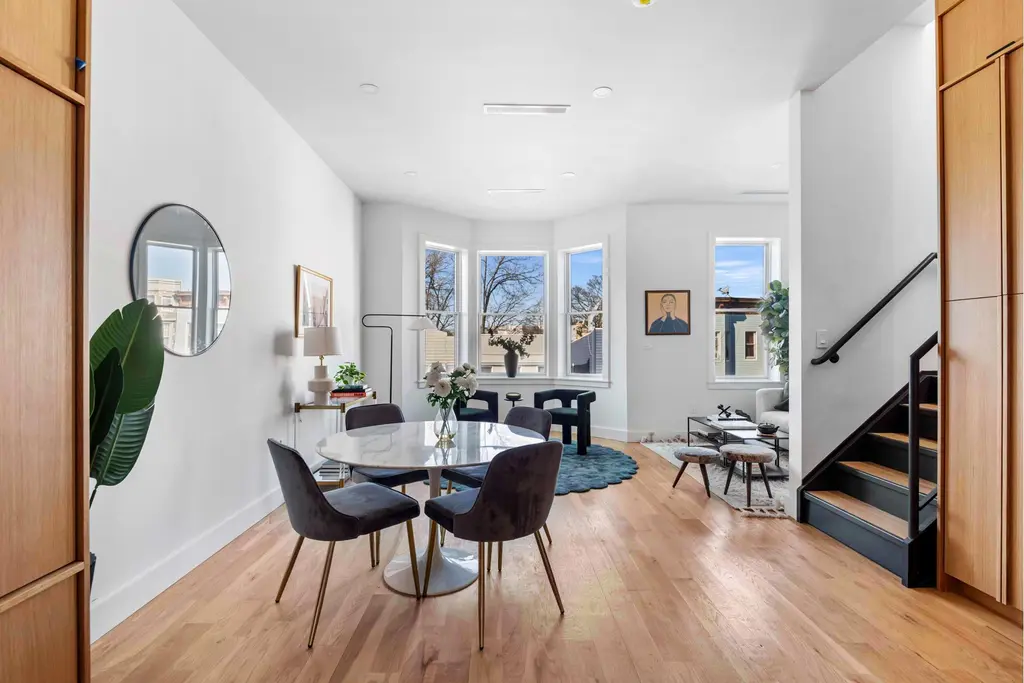
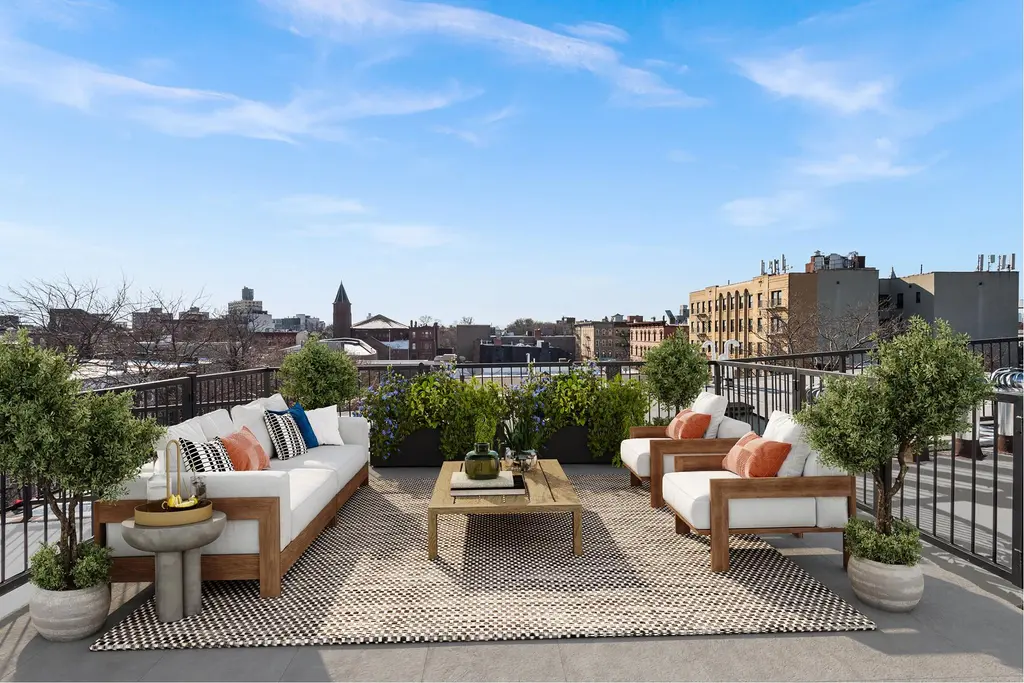
Front & York, #4F-YORK
$1,805,000
DUMBO | Condominium | 2 Bedrooms, 2.5 Baths | 1,245 ft22 Years of Common Charges and Sponsor Paid Transfer Taxes on All Residences.

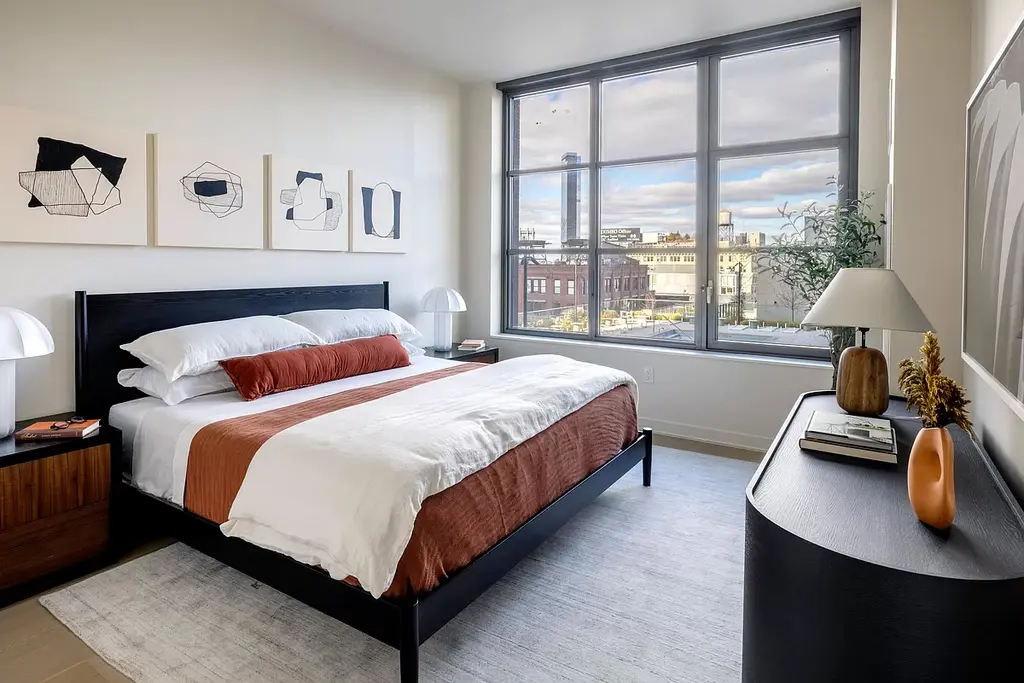
One Manhattan Square, #64F
$2,864,000
Lower East Side | Condominium | 2 Bedrooms, 2 Baths | 1,163 ft2
As of April 1, 2025, sponsor will pay 4 years of common charges and real estate taxes as a credit against the purchase price. Incentive is only valid on 2- and 3-bedrooms.

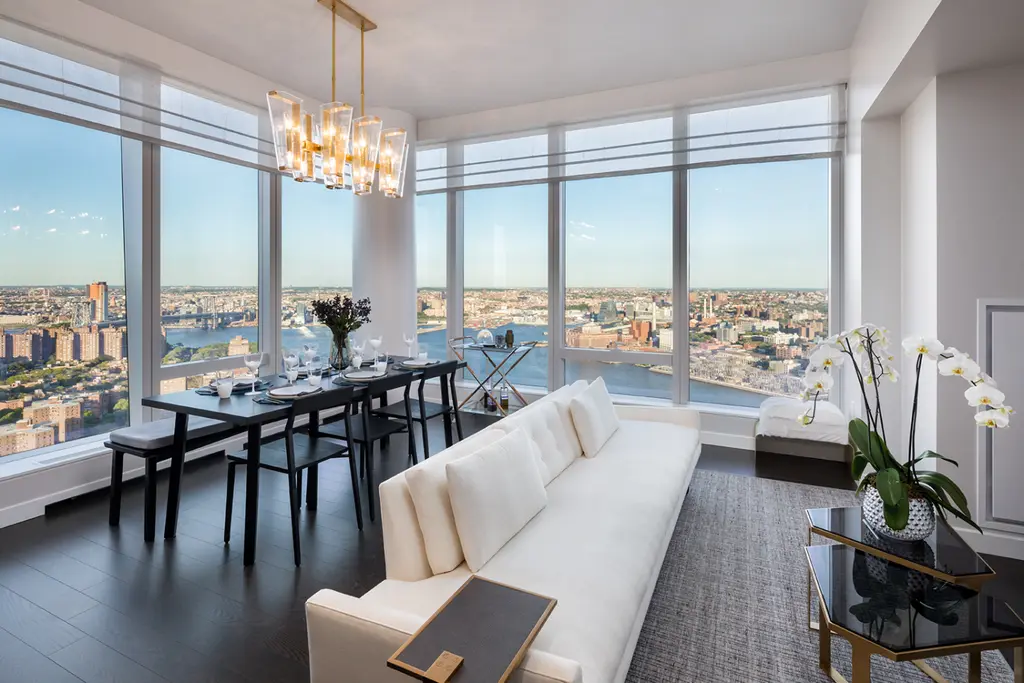
1289 Lexington Avenue, #9D
$4,850,000
Carnegie Hill | Condominium | 3 Bedrooms, 3.5 Baths | 2,455 ft2
12 Months CC & Transfer Taxes Paid by Sponsor.
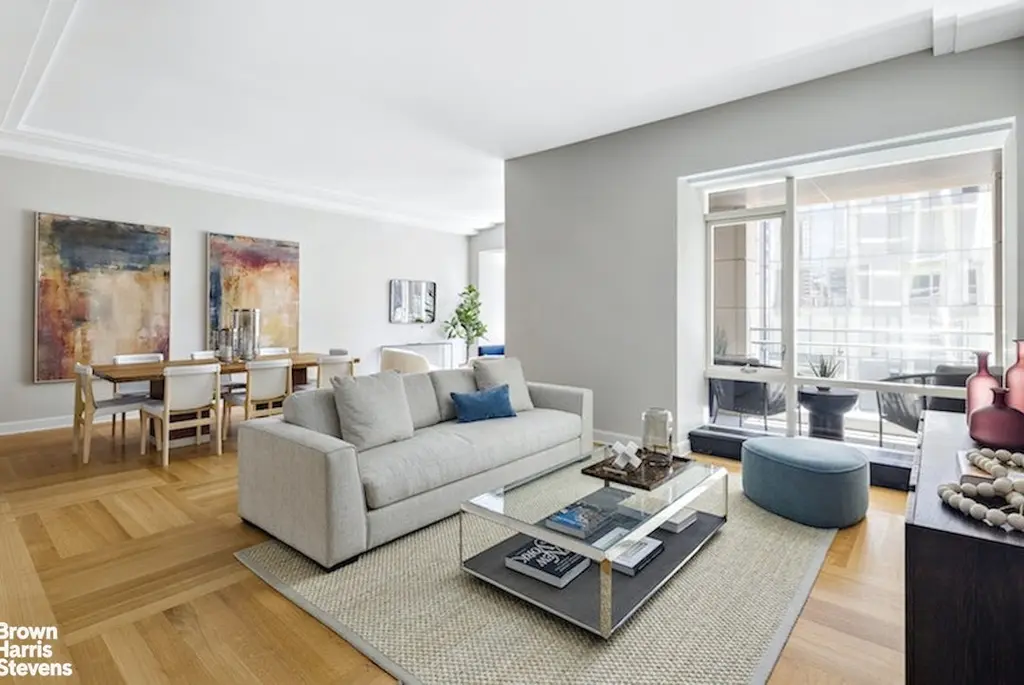







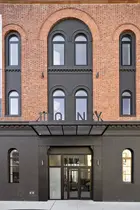
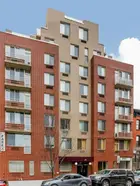




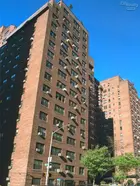
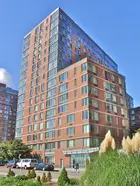
 6sqft delivers the latest on real estate, architecture, and design, straight from New York City.
6sqft delivers the latest on real estate, architecture, and design, straight from New York City.
